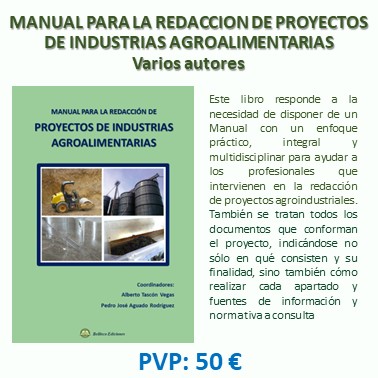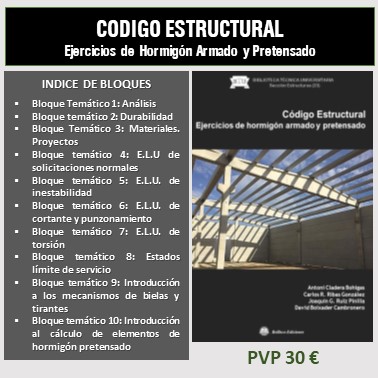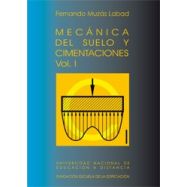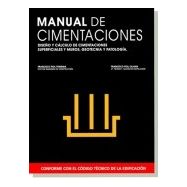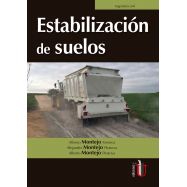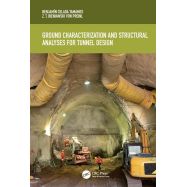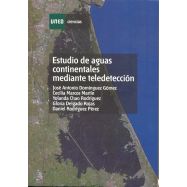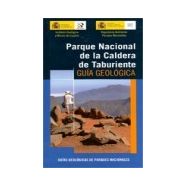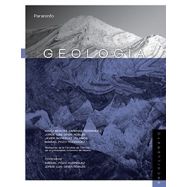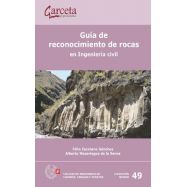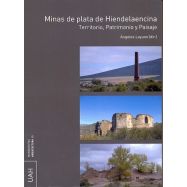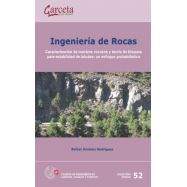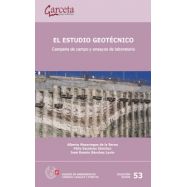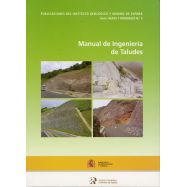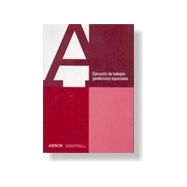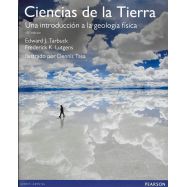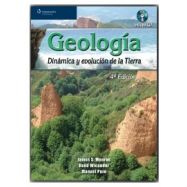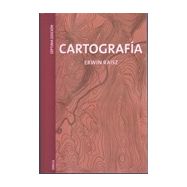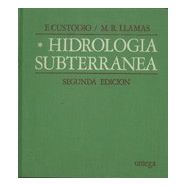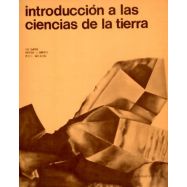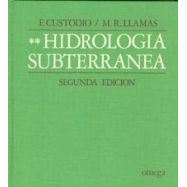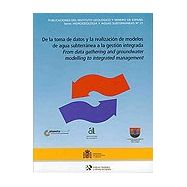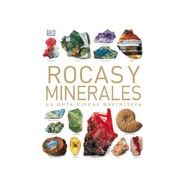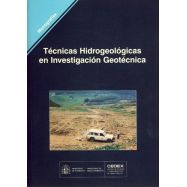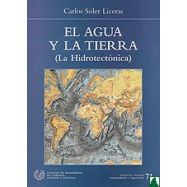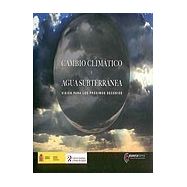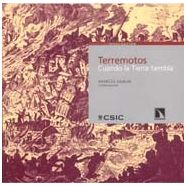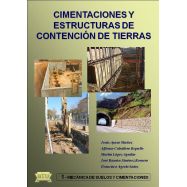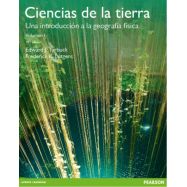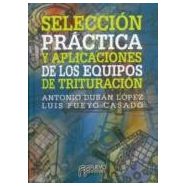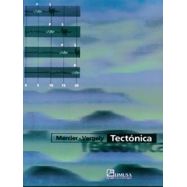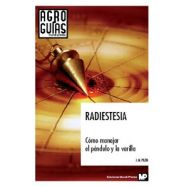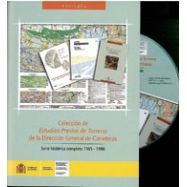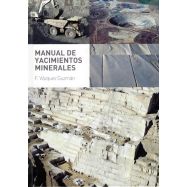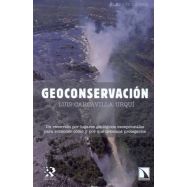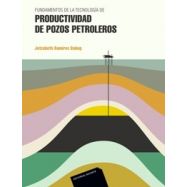Ningún producto
Materias
- BELLISCO EDICIONES. Nuestro Fondo Editorial
- FONDOS EDITORIALES EN DISTRIBUCION
- LIBROS TECNICOS EN INGLES
- ARQUITECTURA - URBANISMO
- AUTOMOCION - MOTORES - VEHICULOS
- AVIONICA - AERONAUTICA
- CALIDAD - EMPRESARIALES - GESTION
- CIENCIAS EXACTAS - MATEMATICAS
- CIENCIAS NATURALES Y APLICADAS
- CIENCIAS DE LA TIERRA - INGENIERIA DEL SUELO
- DICCIONARIOS TECNICOS
- ESTRUCTURAS - CONSTRUCCION
- FORMACION PROFESIONAL
- HIDRAULICA - INGENIERIA SANITARIA - AGUAS
- INGENIERIA CIVIL - OBRAS PUBLICAS
- INGENIERIA MECANICA E INDUSTRIAL
- INSTALACIONES . GENERALES, EN EDIFICACION E INDUSTRIALES
- MATERIALES
- MEDIO AMBIENTE
- NORMATIVA
- OPOSICIONES
- PREVENCION DE RIESGOS LABORALES
- PROGRAMAS INFORMATICOS DE CALCULO
- TECNOLOGIA DE LOS ALIMENTOS: Industrias: Conservación, envasado y cadenas alimentarias
- TELECOMUNICACIONES - INFORMATICA - TECNOLOGIA DE LA INFORMACION
- OUTLET DE BELLISCO: Descuentos de hasta el 80%
- RELIGION, TEOLOGIA, MORAL Y ESPIRITUALIDAD
- VARIOS
- OFERTAS
- PROMOCIONES
- NEWSLETTER
- CATEGORIAS DESTACADAS
- ULTIMAS NOVEDADES BELLISCO
- ARQUITECTURA SOSTENBILE
- URBANISNO
- MATEMATICAS EN GENERAL
- AGRONOMOS-AGRICULTURA-FORESTALES
- ELECTROMAGENTISMO-ELECTRONICA-ELECTRICIDAD
- INGª Y MECÁNICA DEL SUELO. CIMENTACIONES
- TOPOGRAFIA, FOTOGRAMETRÍA, GEODESIA
- EDIFICACION
- ANALISIS DE ESTRUCTURAS, RESISTENCIA DE MATERIALES, ELASTICIDAD, CALCULO MATRICIAL
- OFICIOS VARIOS
- ABASTECIMIENTO Y DISTRIBUCION DE AGUA
- PUENTES
- TUNELES Y OBRAS SUBTERRANEAS
- MAQUINAS Y MECANISMOS
- SOLDADURA
- CLIMATIZACION
- INSTALACIONES DE AGUA
- INSTALACIONES ELECTRICAS CIENCIA E INGENIERIA DE MATERIALES
- ENERGIAS RENOVABLES
- DESARROLLO SOSTENIBLE
- INFORMATICA-SISTEMAS-FORMACION-PROGRAMAS
-
SOFT CLAY ENGINEERING AND GROUND IMPROVEMENT
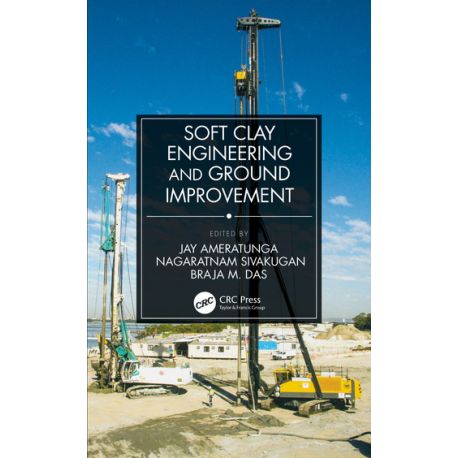 Ver más grande
Ver más grande Referencia: Código 09255
Mayo de 2021 - Jay Ameratunga.. - Refª 9255
Jay Ameratunga, Nagaratnam Sivakugan, Braja M. Das
Mayo de 2021 Páginas: 480
Código 9255 ISBN/EAN: 9781138316539
Book Description
Soft Clay Engineering and Ground Improvement covers the design and implementation of ground improvement techniques as applicable to soft clays. This particular subject poses major geotechnical challenges in civil engineering. Not only civil engineers, but planners, architects, consultants and contractors are now aware what soft soils are and the risks associated with development of such areas.
The book is designed as a reference and useful tool for those in the industry, both to consultants and contractors. It also benefits researchers and academics working on ground improvement of soft soils, and serves as an excellent overview for postgraduates. University lecturers are beginning to incorporate more ground improvement topics into their curricula, and this text would be ideal for short courses for practicing engineers. It includes several examples to assist a newcomer to carry out preliminary designs.
The three authors, each with dozens of years of experience, have witnessed and participated in the rapid evolvement of ground improvement in soft soils. In addition, top-tier professionals who deal with soft clays and ground improvement on a daily basis have contributed, providing their expertise in dealing with real-world problems and practical solutions.
Table of Contents
1. Introduction (J Ameratunga, N Sivakugan & B M Das)
2. Engineering Geology of Soft Clay (I Shipway)
3. Basic Soil Mechanics (N Sivakugan and J. Ameratunga)
4. Geotechnical Testing (J Ameratunga & N Sivakugan)
5. Parameter Derivation (J Ameratunga & N Sivakugan)
6. Ground Improvement Methods for Soft Clays (J Ameratunga & N Sivakugan)
7. Replacement (J Ameratunga & N Sivakugan)
8. Preloading (S Iyathurai & J Ameratunga)
9. Preloading with Wick Drains (S Iyathurai)
10. Stone Columns (K Chan & B Poon)
11. Semi-Rigid Inclusions (Thayalan Nall)
12. Lightweight Fill (J Ameratunga)
13. Deep Soil Mixing (T Muttuvel, S Iyathurai & J Ameratunga)
14. Basal High Strength Geotextiles for Ground Improvement of Soft Foundation Soils (C Lawson)
15. Mass Stabilization (A O′Sullivan)
16. Observational Approach and Geotechnical Instrumentation (K A Dissanayake & C A Bridges)
17. Geotechnical Risk Management (C A Bridges)
Editor(s)
Biography
Jay Ameratunga has over thirty-five years’ experience in geotechnical engineering. He graduated from the University of Ceylon, Sri Lanka, and obtained his master’s at AIT, Bangkok, and Ph.D. from Monash University, Australia. Starting in 1989, he worked at Coffey Geotechnics for twenty-five years before moving to Golder Associates in 2015. Currently he is an independent consultant. While based in Australia, he has worked on projects in Australia, Indonesia, Malaysia, New Zealand, PNG, Singapore and Sri Lanka.
Nagaratnam Sivakugan is an associate professor at James Cook University, Australia. He graduated from University of Peradeniya with First-Class Honours and obtained an MSCE and PhD from Purdue University. He is a chartered professional engineer and a fellow of the American Society Civil Engineers and Engineers Australia. His publications include nine books, 150 journal articles and 100 papers in refereed conference proceedings. He serves in the editorial boards of a few journals, including Canadian Geotechnical Journal.
Braja Das is Dean Emeritus at California State University, Sacramento. He received his Ph.D. from the University of Wisconsin, Madison. He is a Fellow and Life Member of the American Society of Civil Engineers and a Life Member of the American Society for Engineering Education. He is the author and co-author of several geotechnical engineering text and reference books, and has more than 300 research papers published in journals and conference proceedings.
Descripción del libro
Ingeniería de arcilla blanda y mejora de suelos cubre el diseño e implementación de técnicas de mejora de suelos aplicables a las arcillas blandas. Este tema en particular plantea importantes desafíos geotécnicos en la ingeniería civil. No solo los ingenieros civiles, sino también los planificadores, arquitectos, consultores y contratistas saben ahora qué son los suelos blandos y los riesgos asociados con el desarrollo de dichas áreas.
El libro está diseñado como una herramienta de referencia y útil para aquellos en la industria, tanto para consultores como para contratistas. También beneficia a los investigadores y académicos que trabajan en la mejora del suelo de suelos blandos y sirve como una excelente descripción general para los postgraduados. Los profesores universitarios están comenzando a incorporar más temas de mejora del terreno en sus planes de estudio, y este texto sería ideal para cursos cortos para ingenieros en ejercicio. Incluye varios ejemplos para ayudar a un recién llegado a realizar diseños preliminares.
Los tres autores, cada uno con docenas de años de experiencia, han presenciado y participado en la rápida evolución del mejoramiento del suelo en suelos blandos. Además, han contribuido profesionales de primer nivel que se ocupan diariamente de las arcillas blandas y la mejora del suelo, aportando su experiencia en el tratamiento de problemas del mundo real y soluciones prácticas.
Tabla de contenido
1. Introducción ( J Ameratunga, N Sivakugan y BM Das)
2. Ingeniería de geología de arcilla blanda ( I Shipway)
3. Mecánica básica del suelo ( N Sivakugan y J. Ameratunga)
4. Pruebas geotécnicas ( J Ameratunga y N Sivakugan)
5. Derivación de parámetros ( J Ameratunga y N Sivakugan)
6. Métodos de mejora del suelo para arcillas blandas ( J Ameratunga y N Sivakugan)
7. Reemplazo ( J Ameratunga y N Sivakugan)
8. Precarga ( S Iyathurai y J Ameratunga)
9. Precarga con drenajes de mecha ( S Iyathurai)
10. Columnas de piedra ( K Chan y B Poon)
11. Inclusiones semirrígidas ( Thayalan Nall)
12. Relleno ligero ( J Ameratunga)
13. Mezcla profunda de suelos ( T Muttuvel, S Iyathurai y J Ameratunga)
14. Geotextiles basales de alta resistencia para el mejoramiento de suelos de cimientos blandos ( C Lawson)
15. Estabilización de masas ( AO′Sullivan)
16. Enfoque observacional e instrumentación geotécnica ( puentes KA Dissanayake y CA)
17. Gestión de riesgos geotécnicos ( puentes CA)
TAMBIEN LE PUEDE INTERESAR
- 66,50 €
- 66,50 €
- 18,00 €
- 164,00 €

